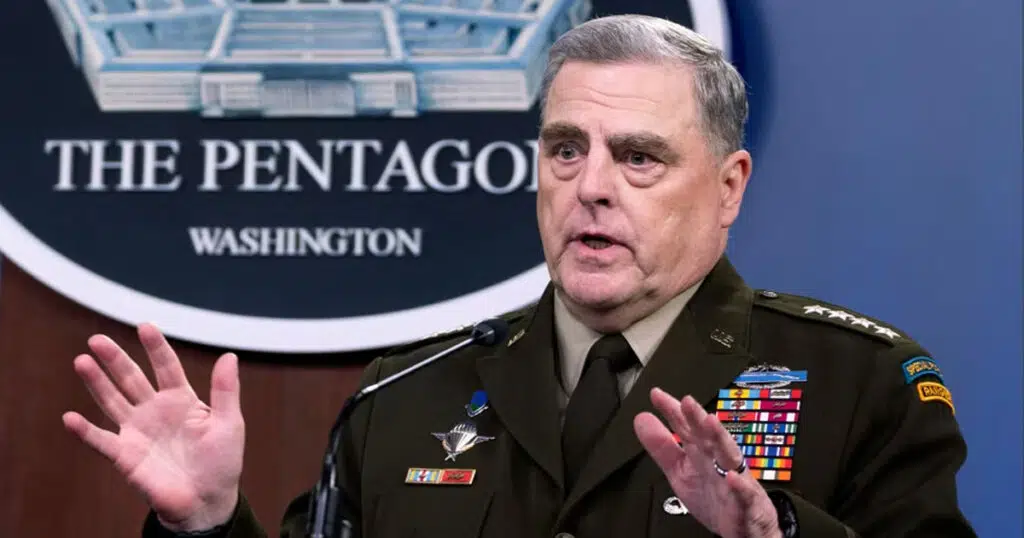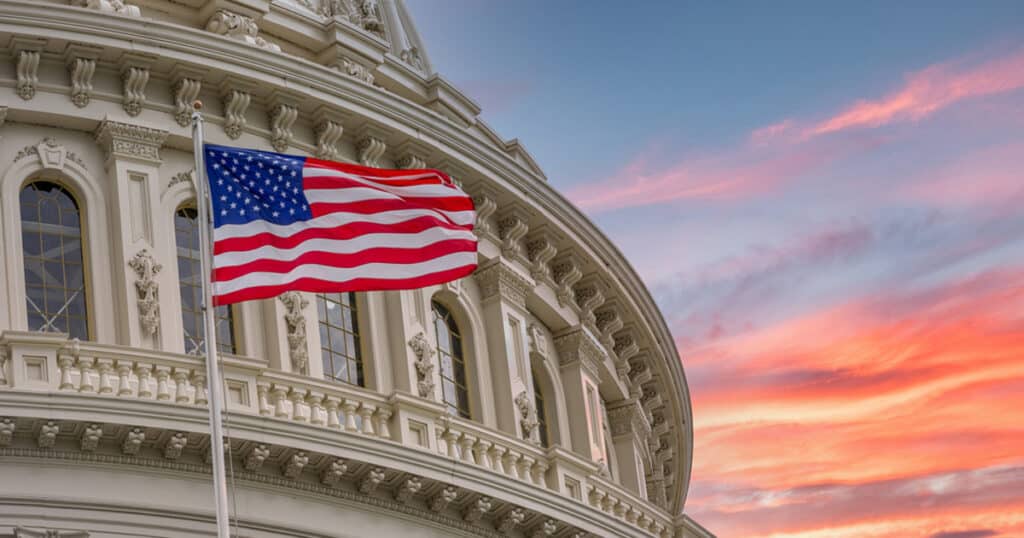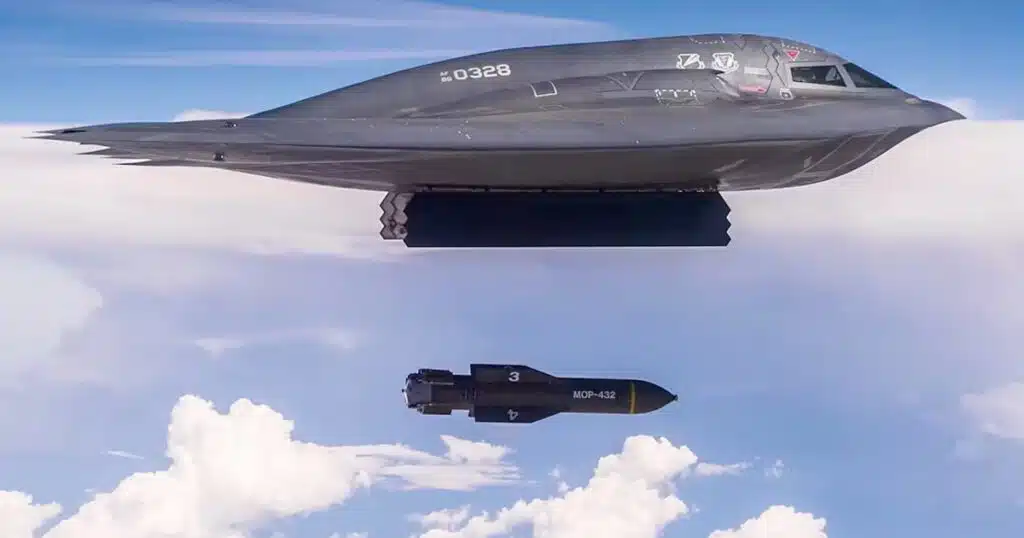
How Are Woke Policies Hurting The Military?
How much has woke culture affected the military? That apparently depends on who you ask.
Mike Pompeo — a graduate of the United States Military Academy and former U.S. Army officer before being named years later as director of the Central Intelligence Agency and then U.S. Secretary of State under President Donald Trump — announced on Fox News he’s launched a campaign and website to fight the introduction of woke policies into the military.
According to an entry in the Merriam-Webster Dictionary, the term “woke” emerged from African American Vernacular English and initially meant one’s being “aware of and actively attentive to important facts and issues, especially issues of racial and social justice.”
However, in 2013, after Florida man George Zimmerman, who is white, was acquitted in the slaying of Black teenager Trayvon Martin, and then the 2014 police-involved death of Michael Brown in Ferguson, Mo., the word grew from Twitter hashtag to a rallying cry and became entwined with the activist Black Lives Matter movement, according to a post on the Fox News website.
The term “woke” has since morphed into a catchword for things progressive liberal, and, particularly within the context of the military, acceptance of sexual diversity according to terms ascribed by those on the left.
“American security and the safety of our families rests on the shoulders of our men and women in uniform. Their training must never be corrupted to advance left-wing political goals,” Pompeo told Fox News host Laura Ingraham. “This matters. A woke military is a weak military.”
Why?
Woke culture “undermines cohesiveness by emphasizing differences based on race, ethnicity, and sex. It undermines leadership authority by introducing questions about whether promotion is based on merit or quota requirements. It leads to military personnel serving in specialties and areas for which they are not qualified or ready,” Thomas Spoehr, director if the Center for National Defense at the Heritage Foundation, explained during an address in late July at the Heritage Foundation’s Washington, D.C. campus. “It takes time and resources away from training activities and weapons development that contribute to readiness.”
Efforts to impose woke culture into the military “…undermines wholehearted support for the military by a significant portion of the American public at a time when it is needed the most,” Spoehr continued. “It acts as a disincentive for many young Americans in terms of enlistment.”
A report by Deseret News seems to confirm there is a feeling with many would-be recruits that the military is too “woke,” turning off its normal constituency of young, conservative recruits.
That’s apparently news to at least some of the military’s top brass, who say they are perplexed by the low enlistment numbers seen across all of the armed services, but seem not to give the trend toward woke ideals a second thought.
“I think it’s an assertion that isn’t really grounded on facts,” Chief of Naval Operations Adm. Mime Gilday said in a story posted at Military.com. “We know that there’s strength in diversity; that is a scientifically proven fact.’
“What this is really about is trying to paint the United States military, and the United States Navy as weak, as woke…We are not weak. We are strong.’’
In the same piece, Marine Corps Commandant Gen. David Berger talked about the country’s inclusive spirit.
“There’s some places on Earth, maybe more than a handful, where you’re not allowed to read books….You’re only allowed to read this, and you’re only allowed to espouse that,” Berger said.
“The great part about Americans — it’s not run that way.
Said Berger: “We want our service members to read widely…We want them to actually think, not be programmed, not be told, ‘You must agree with this.’”
Such arguments sound beautiful, but it appears they’re not compelling nearly many young people as America needs to put their lives on the line.
Data from the Walk Street Journal shows
pretty much every branch of the armed forces is struggling to meet its recruitment goals for 2022, with sign-ups down as much as 40 percent. As well, only about a quarter of America’s youth meet current eligibility standards — and recent surveys show only about 9% are even interested in enlisting.
A report from the Wall street Journal details that military leaders mainly blame the recruiting slump on teen obesity rates and the tight labor market.
Yet, even though teen obesity increased during the pandemic, to from 19 percent to 22 percent, that boost can’t account for such a sudden and widespread fall in recruitment. Neither can the labor market. As well, today’s unemployment rate today sits at around 3.6 percent, which is about the same as it was in 2019. — when the Army exceeded its recruiting goals.
Perhaps the lack of enthusiasm isn’t so surprising, based on a recent Gallup poll that asked how much confidence Americans have in the military. The survey found 64 percent of respondents have a great deal or quite a lot, which means the military is still one of the most trusted institutions in the country. But in 2021, that number was 69 percent, meaning there was a five point drop in confidence in just one year. For an institution as revered as the military to have that big a drop in confidence is remarkable.
In a statement to Congress, Marine Gen. David Ottignon said “FY22 has proved to be arguably the most challenging year in recruiting history.”
While military spokespeople generally avoid mentioning politics as a reason for their recruitment woes, notable conservatives have suggested there are many in the military frustrated with their institutions’ turn toward woke agendas.
Conservative writer Rod Dreher told Deseret News he has contacted
many friends who have left the military because of its politics. He said military policies on racial and LGBTQ issues reflect “radical leftism,” and that military leaders are no different than other “American elites.”
Said Dreher: “One senior officer who has left the military told me that within the ranks, there is a sense that politicians are using the forces to carry out political and cultural agendas. There is a sense, I’m told, that the armed forces are the playthings of politicians, and that policies can change with each passing administration. There is no stability there.”
In a recent story by the Washington Free Beacon, the Air Force was called out for an email in which senior leaders were asked to stop using gender pronouns in written formats, including he/she and male/female.
“Competition against near-peer adversaries requires a united focus from the command, the joint team, and our international partners. Welcoming and employing varied perspectives from a foundation of mutual respect will improve our interoperability, efficiency, creativity, and lethality,” the email read.
Responding to that email, Hudson Institute scholar Rebeccah Heinrichs told the Free Beacon it is “painful to think about the amount of time servicemen have already spent writing these rules instead of figuring out how to beat China. Somebody needs to remind DoD leadership that they’re in the business of preventing and winning wars and not in the Oberlin lounge.”
When Gen. Mark Milley, chairman of the Joint Chiefs of Staff, argued in favor of teaching critical race theory at West Point during a congressional hearing, J.D. Vance , a venture capitalist running for a U.s. Senate seat in Ohio, tweeted, “I personally would like American generals to read less about ‘white rage’ (whatever that is) and more about ‘not losing wars.'”



